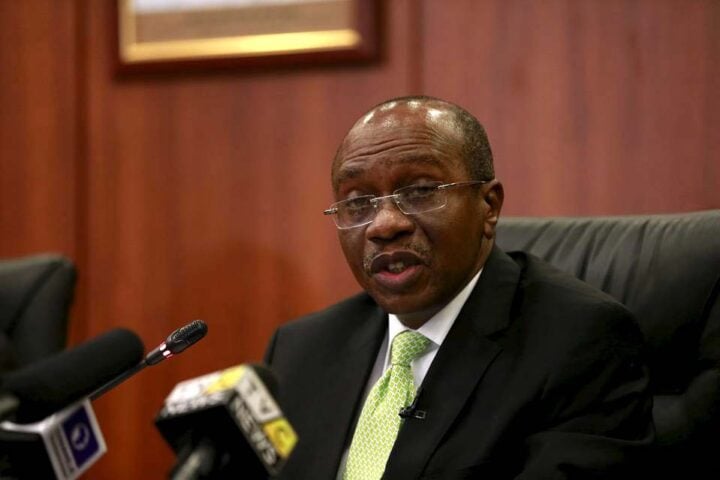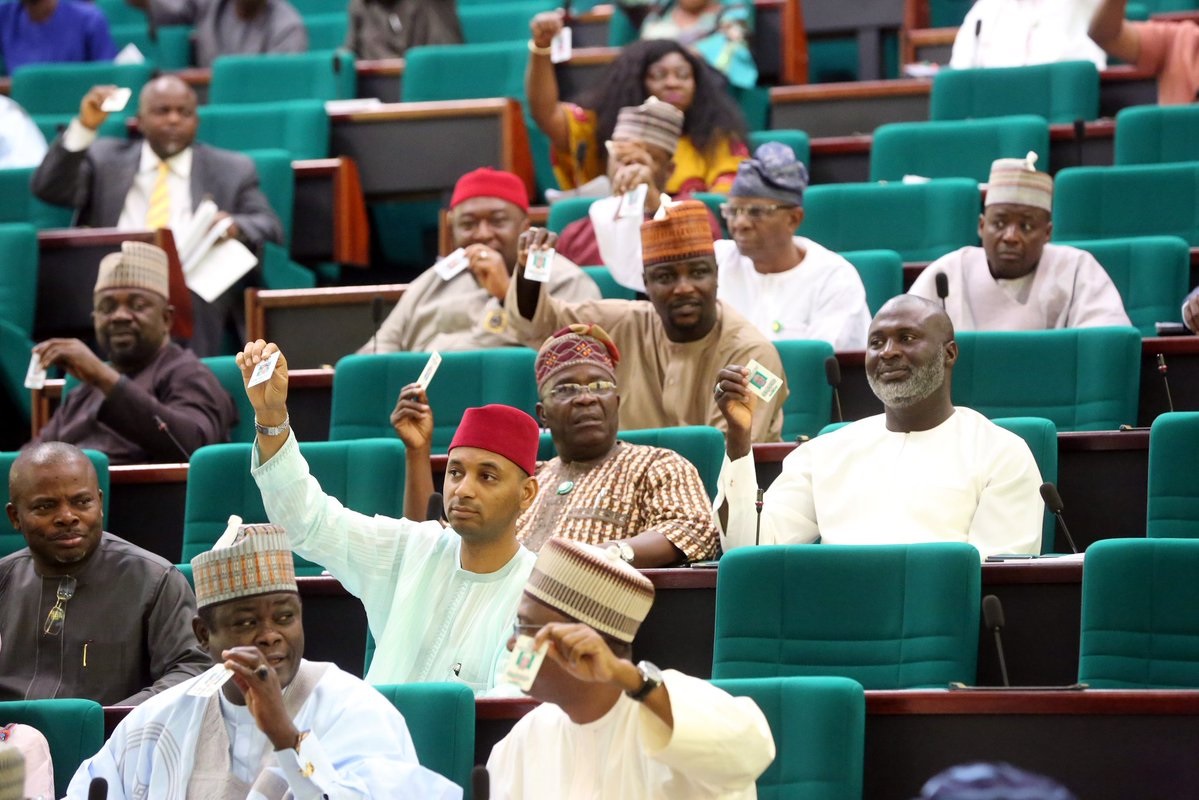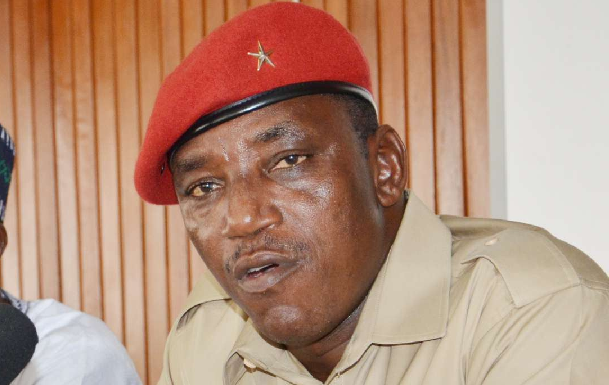The monetary policy committee of the Central Bank of Nigeria (CBN) has mandated its stance of holding the monetary policy rate at 13.5%.
Briefing journalists at the end of the committee’s two-day meeting, Godwin Emefiele, governor of the apex bank, said the price of food items is expected to reduce with the onset of the harvest season although there is a need to urgently attend to the country’s security challenges.
All 11 members of the committee voted in favour of this decision.
Reading a communique that contained the decisions of the committee, Emefiele said tightening monetary policy rate is not an option.
Advertisement
The asymmetric corridor was retained at +200/-500 basis points around the MPR, cash reserve ratio (CRR) at 22.5% and liquidity ratio at 30%.
Simply put, the monetary policy rate is the baseline interest rate in an economy.
Every other interest rate used within an economy is built on the MPR.
Advertisement
“Given the happenings in the external sector and the fact that inflation is moderating, tightening of monetary policy should not be an option at this time as the restriction of the capacity of deposit money banks to create money will curtail their credit creation capability,” he said.
“While loosening will increase the money supply, stimulate aggregate demand and strengthen domestic production, the economy could be awash with excess liquidity especially if loosening drives growth in consumer credit without commensurate adjustment in aggregate output.”
According to Emefiele, committee members supported holding the rates on the back of the CBN’s new policy that banks must have minimum lending to deposit ratio of 60%.
“Since interest rates are currently trending downwards, it is safer to await the impact of this policy action on the economy before the review of the position of monetary policy.
Advertisement
The committee projected that the economy would grow at 2.27% by the end of 2019 while inflation is projected to remain at 11.37%.
According to the committee, the recent downward trend from the Nigerian Stock Exchange reflects the portfolio reallocation behaviour of investors from equities to fixed income assets.
Add a comment







